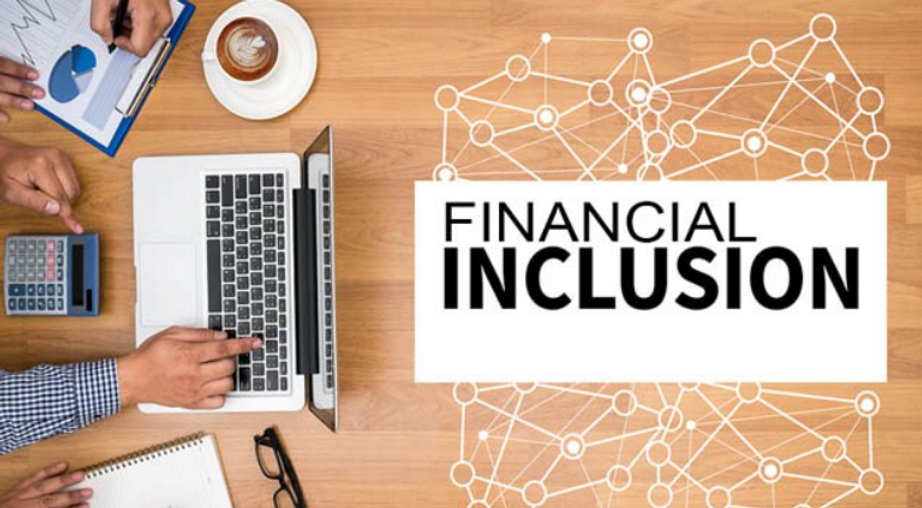At TAAS Professional Services, we are committed to advancing Financial Inclusion in Somalia and the broader Horn of Africa region. We recognize that financial inclusion is not just about providing access to financial products, but also about empowering individuals with the knowledge and skills they need to manage their finances effectively. Our approach integrates Financial Literacy and Personal Finance education, helping underserved communities make informed financial decisions and improve their economic well-being.
Our Approach
We adopt a comprehensive approach to financial inclusion, focusing on both access to financial services and the education required for individuals and businesses to use these services effectively. By integrating Financial Literacy and Personal Finance into our services, we ensure that our clients not only gain access to banking, mobile money, and credit facilities but also understand how to manage their finances, build savings, and plan for their future.
Key Financial Inclusion, Literacy, and Personal Finance Services
- Financial Inclusion Strategy and Advisory
We work with financial institutions, NGOs, and government agencies to develop strategies that promote financial inclusion, especially for vulnerable populations. Our advisory services include designing products and services that meet the needs of low-income households, women, youth, and rural communities, ensuring they have access to affordable and relevant financial services.
- Financial Inclusion Strategy and Advisory
- Financial Literacy Programs
Financial literacy is a critical skill for managing personal finances and making informed financial decisions. We design and deliver financial literacy programs tailored to different target groups, including individuals, small businesses, and community organizations. These programs cover essential topics such as budgeting, saving, investing, debt management, and understanding financial products. Our goal is to enhance financial literacy across the population, empowering individuals to make sound financial choices.
- Financial Literacy Programs
- Personal Finance Education
We believe that understanding personal finance is crucial for long-term financial security. Our personal finance workshops and seminars teach essential skills, such as creating personal budgets, setting financial goals, managing expenses, and building emergency funds. We also provide guidance on how to save and invest wisely, ensuring individuals are prepared for both short-term needs and long-term financial stability.
- Personal Finance Education
- Market Research and Insights
To help businesses and financial institutions better serve underserved communities, we conduct research to understand financial behaviors, barriers to access, and the specific needs of different demographic groups. Our insights guide the development of tailored financial products and services, such as microloans, insurance, and digital payment solutions, that cater to the diverse needs of Somalia’s population.
- Market Research and Insights
- Digital Financial Services and Technology
We help organizations leverage digital technologies to extend financial services to remote and underserved communities. By focusing on mobile banking, digital wallets, and digital payments, we work to enhance financial inclusion and ensure that individuals in rural areas have access to the financial tools they need to manage their personal finances.
- Digital Financial Services and Technology
- Capacity Building and Training
In addition to directly educating individuals, we provide capacity-building programs for financial service providers, NGOs, and other stakeholders in the financial ecosystem. These programs focus on building the skills needed to promote financial literacy, develop inclusive products, and deliver financial education effectively to target audiences.
- Capacity Building and Training
Why Financial Inclusion, Literacy, and Personal Finance Matter
In Somalia, where a large portion of the population is excluded from formal financial systems, financial inclusion is vital for unlocking economic potential. Financial Literacy and Personal Finance education are essential to ensure that individuals can not only access financial services but also use them wisely. With the right knowledge and tools, individuals can manage their finances better, build wealth, reduce financial stress, and improve their overall quality of life. For businesses, understanding the financial needs of their employees and customers can drive growth, productivity, and social impact.

